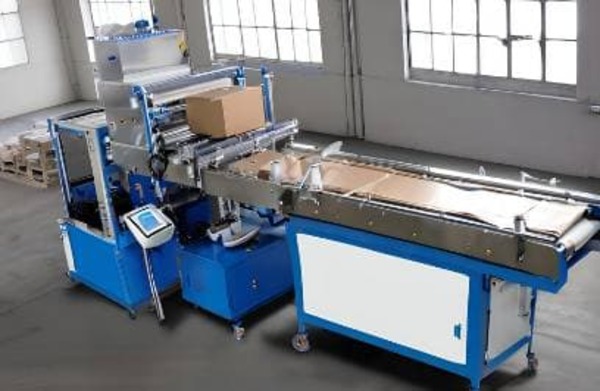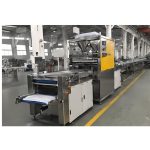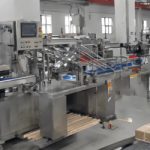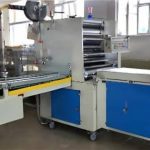
Understanding Commercial Vacuum Sealers
A commercial vacuum sealer is a piece of equipment used primarily in the food industry to extend the shelf life of perishable items by removing air from the packaging. This process not only helps in preserving the quality and freshness of food but also prevents the growth of bacteria and mold, which thrive in oxygen-rich environments. The technology behind vacuum sealing is relatively simple yet highly effective, making it an indispensable tool in both small and large-scale food operations.
How Does a Commercial Vacuum Sealer Work?
The primary function of a commercial vacuum sealer is to remove air from a package and then seal it to prevent air from re-entering. The process typically involves placing the product in a vacuum-sealable bag, inserting the open end of the bag into the sealer, and then activating the machine. The sealer will remove the air from the bag and use heat to create a tight seal. This process can vary slightly depending on the type of vacuum sealer being used, but the fundamental principle remains the same.
Types of Commercial Vacuum Sealers
External Vacuum Sealers
External vacuum sealers are commonly used in smaller operations and are known for their affordability and ease of use. These machines work by clamping down on the open end of a bag and extracting the air. They are suitable for sealing solid and semi-solid foods but may struggle with liquids, as the vacuum process can cause liquids to be sucked out of the bag.
Chamber Vacuum Sealers
Chamber vacuum sealers are typically used in larger operations and are capable of handling a wide range of products, including liquids. These machines work by placing the entire bag inside a chamber, which then removes air from both the chamber and the bag. Once the air is removed, the bag is sealed, and the chamber is returned to atmospheric pressure. This type of sealer is more expensive but offers greater versatility and efficiency, especially for high-volume operations.
Benefits of Using Commercial Vacuum Sealers
The benefits of using commercial vacuum sealers extend beyond just preserving food. Here are some key advantages:
Extended Shelf Life
By removing air from the packaging, vacuum sealers significantly extend the shelf life of food products. This is particularly beneficial for businesses that need to store large quantities of food for extended periods.
Reduced Waste
Vacuum sealing helps reduce food waste by keeping food fresh for longer periods. This can lead to cost savings for businesses by minimizing the amount of spoiled or wasted food.
Improved Food Safety
By eliminating air, vacuum sealers help prevent the growth of bacteria and mold, enhancing food safety. This is crucial for maintaining the quality and safety of food products.
Enhanced Flavor and Texture
Vacuum sealing can help preserve the natural flavors and textures of food by preventing oxidation and moisture loss. This ensures that food retains its original taste and quality.
Applications of Commercial Vacuum Sealers
Commercial vacuum sealers are used in a variety of industries beyond just food preservation. Here are some common applications:
Food Industry
In the food industry, vacuum sealers are used for packaging meats, cheeses, vegetables, and other perishable items. They are also used in sous-vide cooking, where food is vacuum-sealed and then cooked in a water bath at a precise temperature.
Medical and Pharmaceutical
In the medical and pharmaceutical industries, vacuum sealers are used to package sterile equipment and medications. The vacuum sealing process helps maintain sterility and prevent contamination.
Electronics
Vacuum sealers are used to package electronic components to protect them from moisture and other environmental factors that could cause damage.
Conclusion
Commercial vacuum sealers are essential tools in various industries, particularly in food preservation. They offer numerous benefits, including extended shelf life, reduced waste, improved food safety, and enhanced flavor and texture. Understanding the different types of vacuum sealers and their applications can help businesses choose the right equipment for their needs, ultimately leading to more efficient operations and better product quality.




